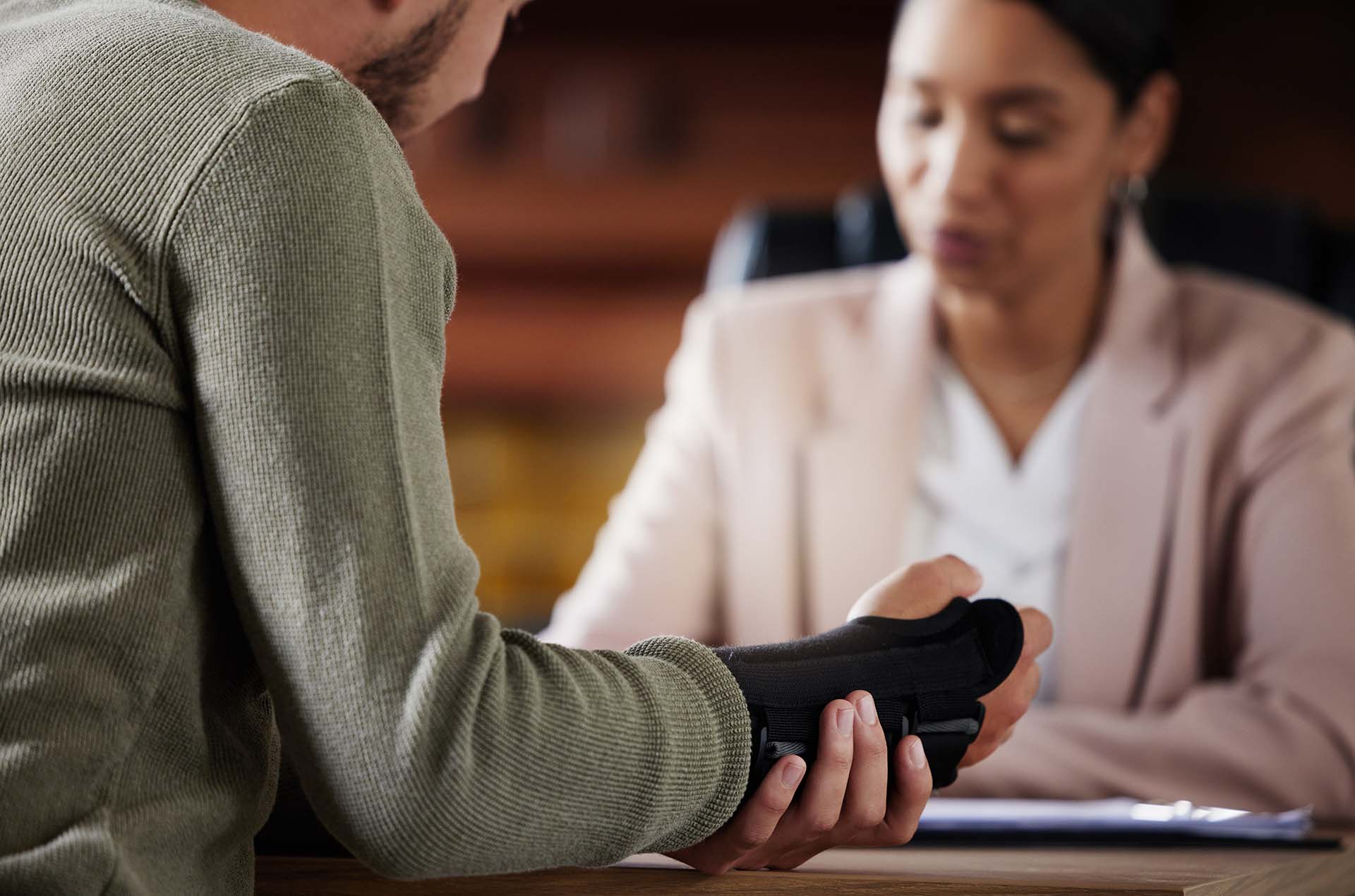What to Do When a Legal Claim is Filed Against You After a Car Wreck
Filing a successful legal claim after you’ve been injured in a car wreck is the first step to a full recovery. But what do you do if you are on the receiving end of a legal claim?
Knowing what to do if a claim is filed against you after a car wreck keeps you from incurring additional losses. Legal costs and increased insurance premiums create additional financial burdens for drivers who are involved in an accident.
Making sure that your insurance company fulfills its duty to defend you in the case of a claim and providing the right evidence helps you achieve a positive outcome in the courts.
The following will help you determine the right steps to take and what to do when a legal claim is filed against you after a car wreck.
Insurance is There to Protect You
Your insurance company does more than just pay you in the event of a car accident. It also has a duty to protect you against the claims of others.
Any payouts to the other driver will likely be made by your insurance company. So it’s in their best interest to avoid compensation to the other party when fighting a legal claim.
Also, fraudulent claims are common, and insurance companies must protect themselves from those trying to take advantage of the system through false claims.
In most cases, your insurance company will take over the responsibility of fighting a claim. This lets you focus on restoring your personal and professional life after a car accident.
Providing the Right Evidence
If you’ve been involved in a car wreck, your insurance company will require you to gather and provide evidence that supports your version of the events related to your accident.
The information collected at the scene should be submitted to your insurance company as soon as possible. Provide a written account of what occurred and include details that demonstrate the lack of any negligence on your part, especially when a legal claim is filed against you.
Photographs or videos that were taken at the scene should also be submitted.
Describe how the accident occurred and the speeds of the automobiles involved. Include statements that were made by the other driver as well as any signs of injury that were observed.
Witness testimony and surveillance footage can also be collected. Your personal injury attorney will assist you in obtaining testimony from others and video from the surrounding areas.
What to Expect When Fighting a Legal Claim Against You After an Accident
If your case goes to court, the evidence you provide will be examined by a judge or jury. This is also an opportunity for you and the other party to present your cases.
Based on the information you provide and the laws that regulate driving and liability, you and your attorney may obtain a judgment in your favor.
The decisions made by the court determine how much (if any) compensation should be paid to the plaintiff.
When a legal claim is filed against you, the trial can be a lengthy and complex process. Jury trials must first select individuals to serve as jurors. After each party has made their opening statements, attorneys may cross-examine the other party and witnesses may be presented to provide their testimony.
Once these steps are completed, the jury deliberates and establishes a verdict to be presented to the courts.
Settling a case before it goes to trial saves you time and money. But it can lead to additional consequences down the line if you admit to being liable for the damages caused to another party.
To answer the question, “What to Do When a Legal Claim is Filed Against You” – getting the right legal protection is the best way to avoid paying for legal claims made against you and defending yourself against fraudulent claims.
We can help you determine the best options for your case. Taking the time to understand the laws related to your accident results in a more comprehensive and effective legal strategy. Our legal experts are here to help you navigate the complexities of your claim. We invite you to schedule a consultation or call 404-999-3258 to speak with an attorney about what to do when a legal claim is filed against you after a car wreck.






